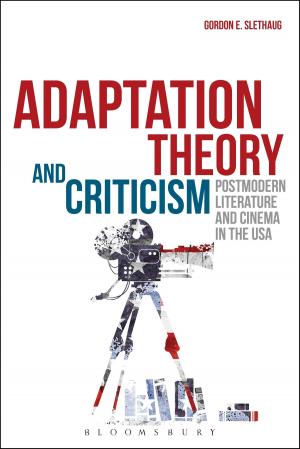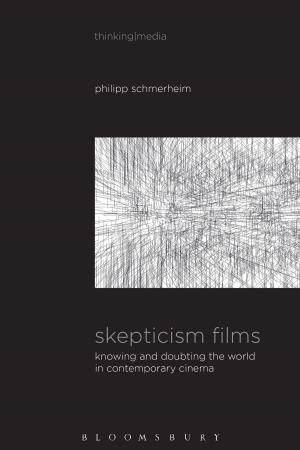An Intellectual History of School Leadership Practice and Research
Nonfiction, Reference & Language, Education & Teaching, History, Educational Theory, Leadership, Administration| Author: | Professor Helen M. Gunter | ISBN: | 9781472578990 |
| Publisher: | Bloomsbury Publishing | Publication: | January 28, 2016 |
| Imprint: | Bloomsbury Academic | Language: | English |
| Author: | Professor Helen M. Gunter |
| ISBN: | 9781472578990 |
| Publisher: | Bloomsbury Publishing |
| Publication: | January 28, 2016 |
| Imprint: | Bloomsbury Academic |
| Language: | English |
An Intellectual History of School Leadership Practice and Research presents a detailed and critical account of the ideas that underpin the practice of educational leadership, through drawing on over 20 years of research into those who generate, popularise and use those ideas. It moves from abstracted accounts of knowledge claims based on studying field outputs, towards the biographies and practices of those actively involved in the production and use of field knowledge.
The book presents a critical account of the ideas underpinning educational leadership, and engages with those ideas by examining the origins, development and use of conceptual frameworks and models of best practice. It deploys an original approach to the design and composition of an intellectual history, and as such it speaks to a wider audience of scholars who are interested in developing and deploying such approaches in their particular fields.
An Intellectual History of School Leadership Practice and Research presents a detailed and critical account of the ideas that underpin the practice of educational leadership, through drawing on over 20 years of research into those who generate, popularise and use those ideas. It moves from abstracted accounts of knowledge claims based on studying field outputs, towards the biographies and practices of those actively involved in the production and use of field knowledge.
The book presents a critical account of the ideas underpinning educational leadership, and engages with those ideas by examining the origins, development and use of conceptual frameworks and models of best practice. It deploys an original approach to the design and composition of an intellectual history, and as such it speaks to a wider audience of scholars who are interested in developing and deploying such approaches in their particular fields.















